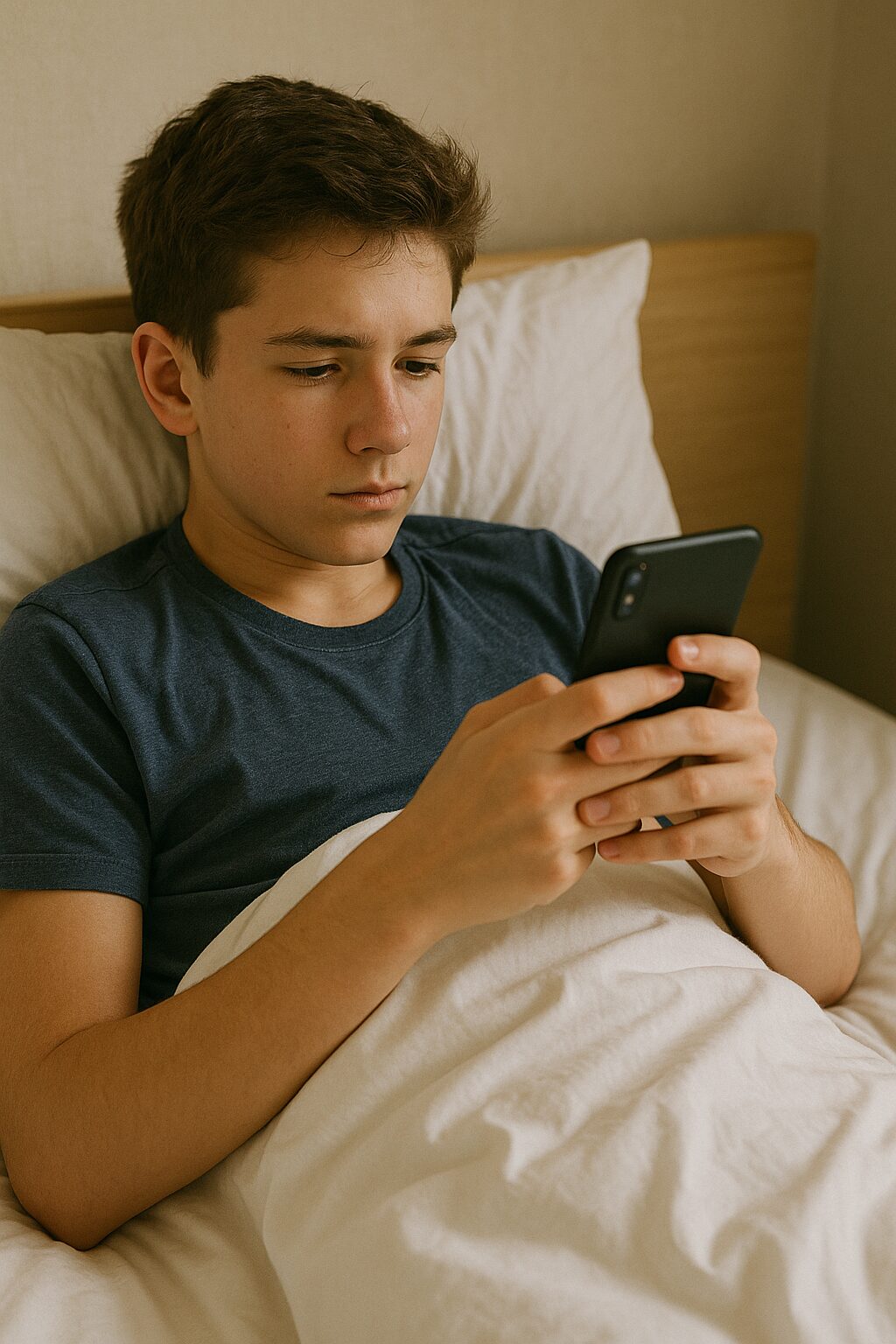Academic pressure often leads to stress, anxiety, and poor sleep quality. Building healthy bedtime habits helps students relax, recharge, and improve focus for the next day. This guide introduces practical routines to reduce academic stress before going to bed.

1. Limit Digital Device Use
Phones, laptops, and tablets emit blue light that keeps the brain alert. Avoid screens at least 30–60 minutes before bed. Instead, try reading a book, stretching, or listening to calm music to ease into sleep.
2. Stretching and Breathing
Sitting for long study hours causes muscle tension. Light stretching and deep breathing before bed help relax the body and calm the nervous system. Even five minutes of gentle exercises improve sleep readiness.
3. Warm Shower or Foot Bath
Taking a warm shower or soaking feet in warm water relaxes muscles and promotes circulation. This temporary rise and fall in body temperature supports better sleep quality and helps release stress from the day.
4. Writing a Gratitude Journal
Negative thoughts from schoolwork often disturb sleep. Writing down small things to be thankful for—such as learning something new or support from friends—shifts focus to positivity and reduces stress.
5. Consistent Sleep Routine
Going to bed and waking up at the same time daily regulates the body’s biological clock. This improves sleep quality and prevents late-night overstudying, which often reduces productivity instead of helping.
6. Meditation and Mindfulness
Practicing mindfulness or short meditation before bed helps quiet the mind. Focused breathing or calm music can reduce anxiety, improve emotional balance, and prepare the brain for rest. Regular practice also enhances concentration for studying.
🍀
Academic stress cannot be avoided completely, but healthy bedtime routines can reduce its impact. Limiting digital devices, stretching, warm showers, gratitude journaling, consistent sleep schedules, and mindfulness create a foundation for better rest and improved academic performance.
References and Further Reading
American Psychological Association – Stress Management Resources
National Sleep Foundation – Sleep Hygiene Guidelines
World Health Organization (WHO) – Mental Health and Well-being Reports
※ This article is for general information only. For ongoing stress or sleep problems, professional consultation is recommended.
